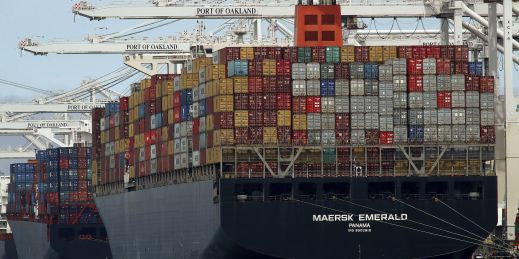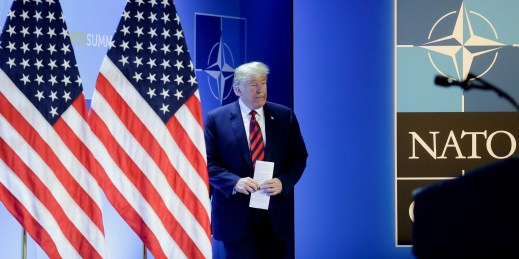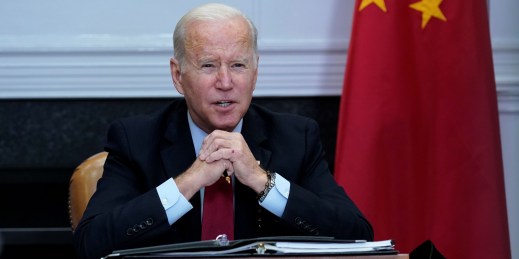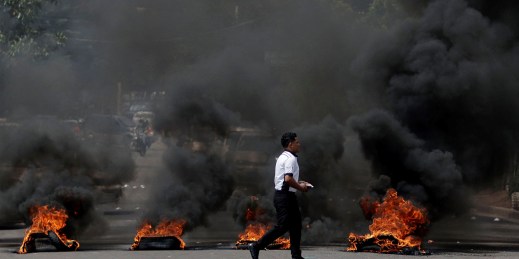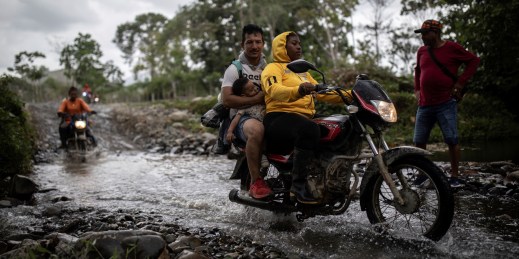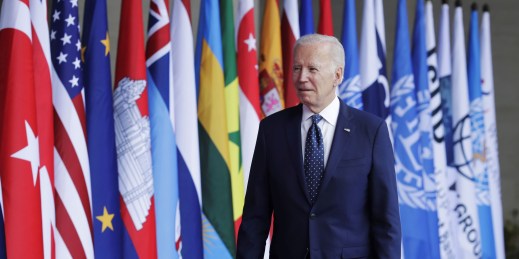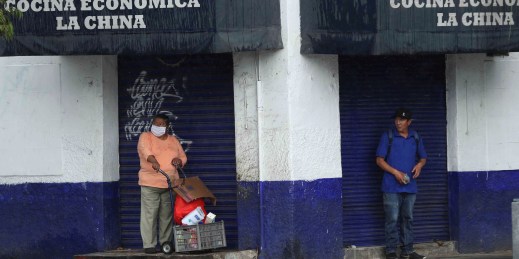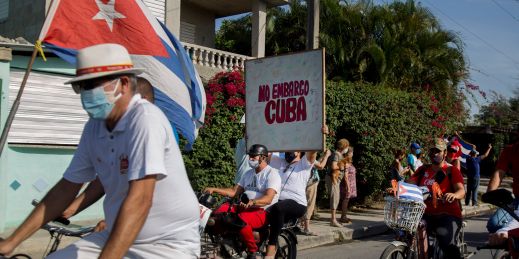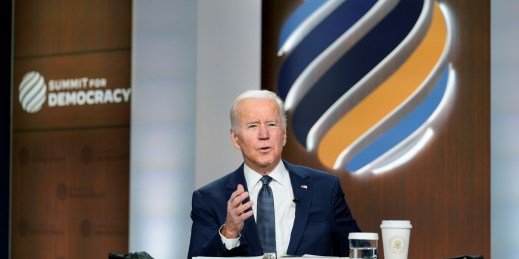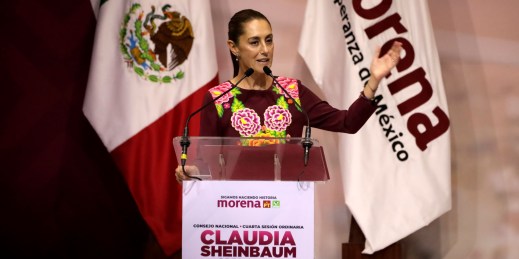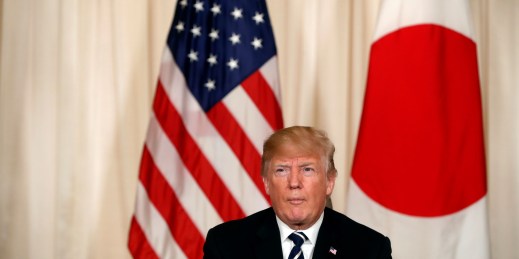
It’s common knowledge that the possibility of a second term for former U.S. President Donald Trump is sending shivers up the spines of Washington’s NATO allies. But the prospect of a second Trump presidency is also heightening anxieties among U.S. allies in Asia, which have also relied on U.S. security assurances for decades.

